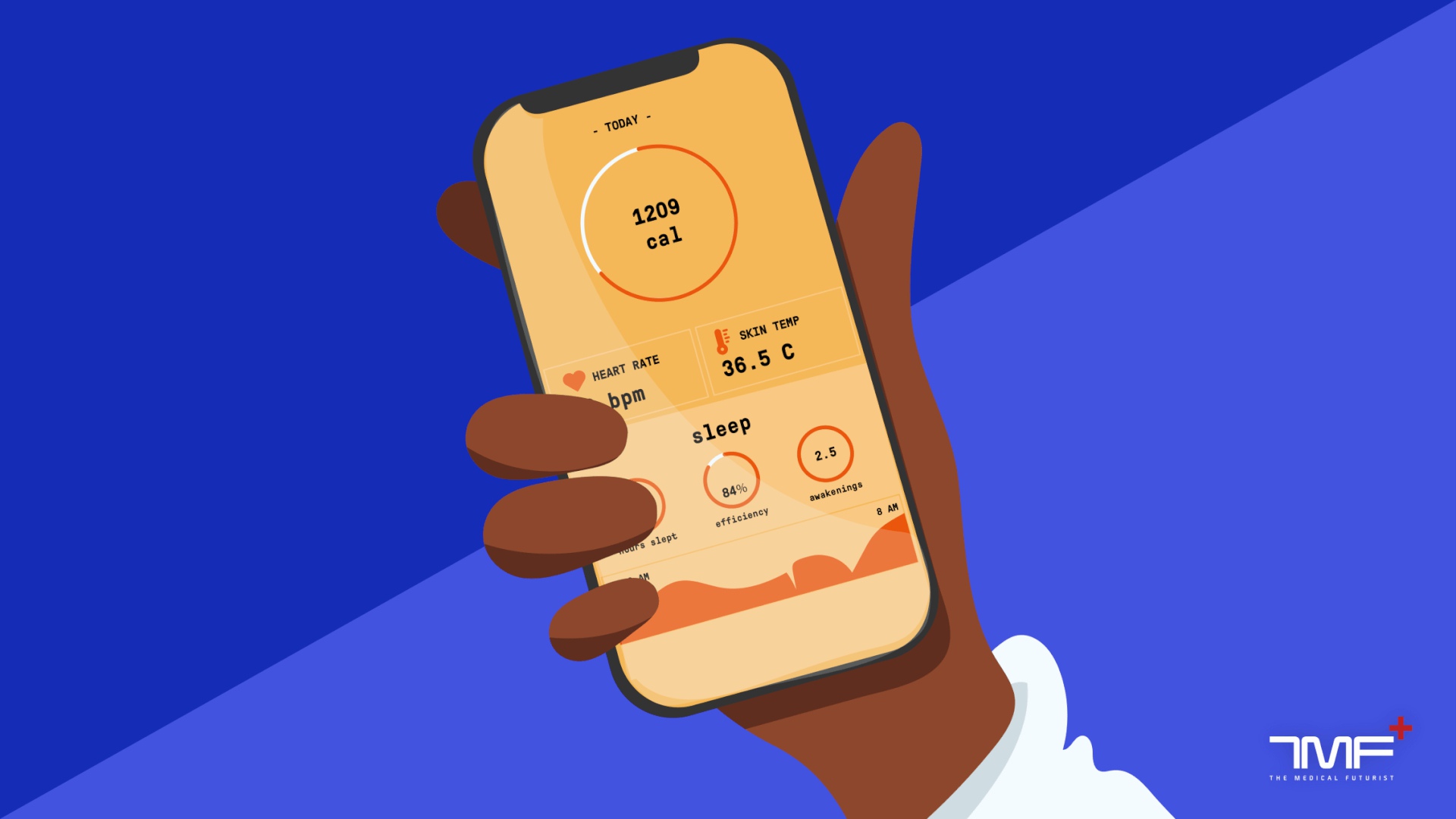
@ShahidNShah


We compiled a list of ten research topics we believe are promising for anyone wishing to find their calling in digital health research.
The question we most frequently get at The Medical Futurist Institute is easily the one asking for guidance on potential research topics.
Are the smartwatch alarms vital early warnings or unnecessary and false alerts, only adding to the burdens of the healthcare system by triggering an influx of patients without actual medical reasons?
But just as healthcare is complex and requires as much technology as empathy and care, I’m sure patient focus and even involvement will inevitably come.
Challenges around the practical implementation of A.I.-based medical technologies
Despite the unquestionable buzz, it is challenging to pinpoint examples that actually found their way into everyday medical practice, that became part of “standard” healthcare.
Empowered patients often have access to information, medical knowledge relevant to themselves, and their own health data.
The emergence of this “new breed” of patients highlighted many shortcomings of the traditional healthcare systems that closely guarded patient data – protecting it even from the patient.
An interesting area of research would be to map whether e-patients have an impact on electronic medical record (EMR) software development and if yes, what is this impact?
Will new EMR systems be merged with personal health records, containing data collected and entered by the patients?
But VR seems to be slightly stuck in the areas of pain management and treating phobias, although there is immense potential for different medical uses, like in rehabilitation and elderly care on the patient side and preparing for complicated surgeries on the medical side – just to name a few examples.
3D printing of medications improved vastly in the past few years, now it is possible to print a custom pill in under 10 seconds The technology allows a never-before-seen variety of shapes and sizes – allowing a variance in absorption speed and ease of swelling – and also customization of dosage.
Despite the long list of potential benefits, do we know how patients would actually react to getting much more personalised medication?
It would be crucial to measure how the environment affects the patient-doctor relationship, the treatment adherence and the healing process – so we can design the best possible healthcare institutions in the future.
Patients today generate tons of health data through a number of wearable devices and apps.
But it is safe to bet that a vast majority of this patient-generated health data does nothing as of today.
Continue reading at medicalfuturist.com
Carium, a leading virtual care platform, announced it launched an integration with an electronic health record (EHR) at the Institute for Population Health (IPH) in less than four weeks in partnership …
Posted Sep 6, 2022 Healthcare Electronic Health Records (EHR)
Connecting innovation decision makers to authoritative information, institutions, people and insights.
Medigy accurately delivers healthcare and technology information, news and insight from around the world.
Medigy surfaces the world's best crowdsourced health tech offerings with social interactions and peer reviews.
© 2025 Netspective Foundation, Inc. All Rights Reserved.
Built on Apr 17, 2025 at 6:07am